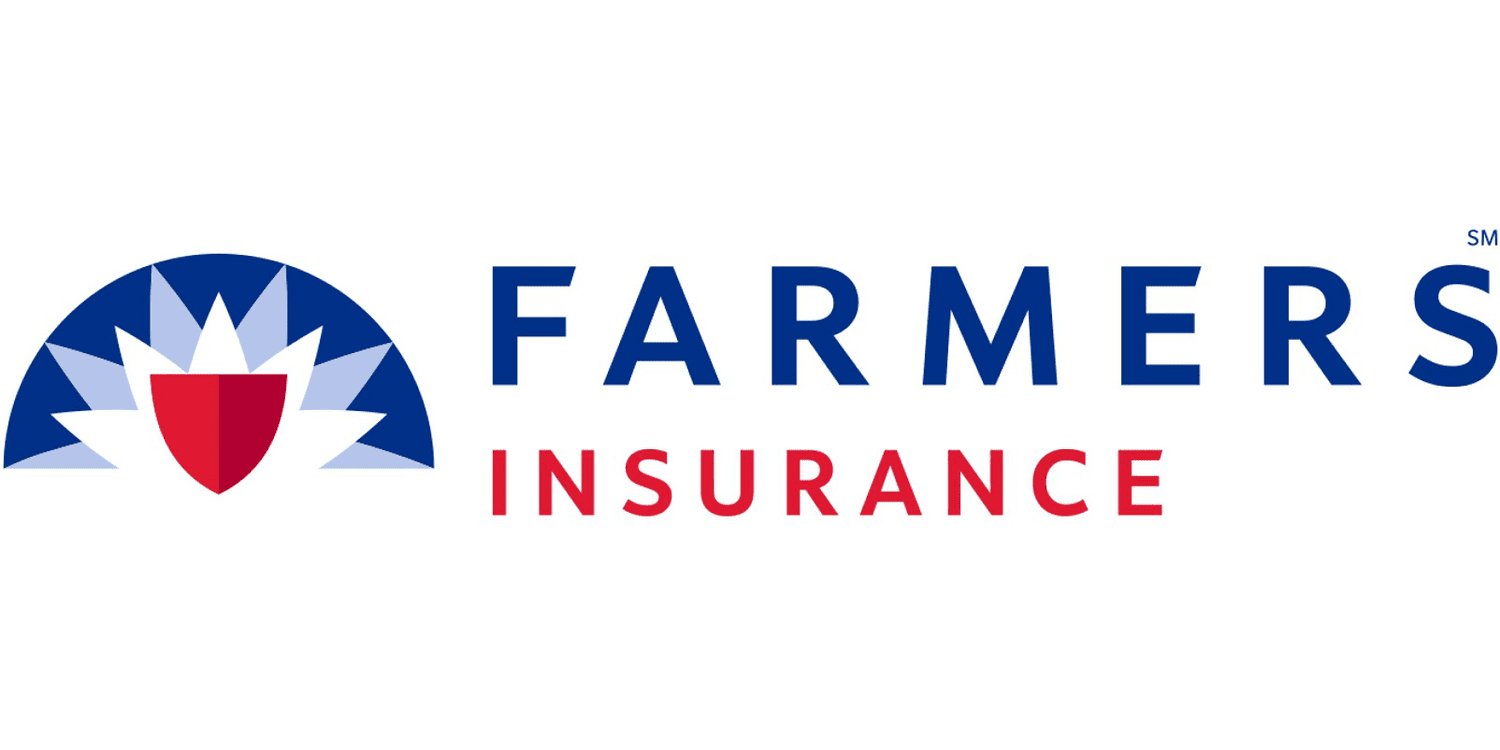
Third-Party Litigation
Third-party litigation involves a legal action where an additional party (the third party) is brought into an existing lawsuit because they may share responsibility for the plaintiff’s damages. In personal injury cases, third-party litigation often arises when another party, aside from the plaintiff and defendant, contributed to the injury or incident. This process allows plaintiffs to pursue compensation from multiple sources, potentially increasing the total recovery. At 770GoodLaw, we help clients navigate complex third-party litigation claims, ensuring that all responsible parties are held accountable for their contributions to the injury.
Purpose of Third-Party Litigation
Third-party litigation allows injured parties to seek compensation from additional entities who share liability for the incident. By including all liable parties, plaintiffs may be able to secure a more comprehensive settlement that fully addresses their medical bills, lost wages, and other damages. This approach is beneficial in cases where one party alone cannot cover the extent of the damages or when multiple parties’ actions contributed to the harm.
Key objectives of third-party litigation include:
- Expanding Compensation Sources: By involving additional responsible parties, plaintiffs can potentially recover higher compensation to cover the full scope of their damages.
- Ensuring Fair Accountability: Third-party litigation holds all liable parties accountable, promoting fairness and ensuring that responsibility is accurately distributed.
- Clarifying Liability: The process helps clarify the roles of each party in causing the injury, allowing for a fair allocation of damages based on each party’s degree of fault.
Common Scenarios Involving Third-Party Litigation
Third-party litigation can arise in various personal injury contexts where more than one party’s actions contributed to the injury. Common scenarios include:
- Workplace Accidents: If a worker is injured on the job due to a defective product, the employee may have a third-party claim against the manufacturer, even if they are already receiving workers’ compensation from their employer.
- Car Accidents: In multi-vehicle collisions, additional parties, such as other drivers or companies responsible for vehicle maintenance, may be brought into the lawsuit to share liability.
- Construction Site Injuries: Injured construction workers may pursue third-party claims against contractors, subcontractors, or equipment manufacturers if negligence on their part contributed to the injury.
- Premises Liability Cases: If a visitor is injured due to unsafe conditions on a property leased to a business, the visitor may bring a third-party claim against both the property owner and the business operator.
The Process of Third-Party Litigation
In third-party litigation, the plaintiff or defendant may file a third-party complaint to bring an additional party into the case. The process generally involves the following steps:
- Identifying Liable Parties: The injured party and their attorney assess the situation to determine if any additional parties may bear responsibility for the injury.
- Filing a Third-Party Complaint: Once potential third parties are identified, a complaint is filed to formally add them to the lawsuit. This step involves presenting evidence that the third party may be liable.
- Discovery and Evidence Gathering: All parties engage in discovery, exchanging evidence and information to clarify each party’s role in causing the injury.
- Negotiation and Settlement: The parties may negotiate a settlement, potentially involving contributions from each liable party based on their degree of fault.
- Trial (if necessary): If an agreement cannot be reached, the case may proceed to trial, where the court determines each party’s liability and awards compensation accordingly.
Legal Considerations in Third-Party Litigation
Third-party litigation introduces additional legal considerations, including the allocation of fault, the collection of evidence against multiple parties, and the potential impact on the overall settlement. Key factors to consider include:
- Comparative Negligence: In some states, damages may be divided among multiple parties based on their degree of fault. Understanding comparative negligence laws is essential for determining compensation.
- Insurance Coverage: Each liable party’s insurance coverage limits may affect the total recovery amount. Identifying all insurance policies is crucial to maximizing compensation.
- Proof of Liability: Demonstrating that each third party contributed to the injury requires thorough evidence, making expert testimony, documents, and witness statements valuable in third-party cases.
How 770GoodLaw Assists Clients with Third-Party Litigation
At 770GoodLaw, we understand the complexities of third-party litigation and are committed to helping clients seek compensation from all responsible parties. Our attorneys work diligently to identify potential third-party claims, gather the necessary evidence, and advocate for a fair distribution of liability. Our support includes:
- Identifying Additional Liable Parties: We carefully assess each case to identify any third parties who may share responsibility, ensuring clients have access to all available compensation sources.
- Filing and Managing Third-Party Claims: Our team handles the legal procedures of filing third-party complaints, managing each step of the process to strengthen the case.
- Negotiating Comprehensive Settlements: We negotiate with all involved parties and insurance companies to pursue a settlement that reflects the full extent of our clients’ damages.
- Building a Strong Evidence-Based Case: Our attorneys gather extensive evidence, including expert testimony, to support claims against each liable party, ensuring fair compensation for our clients.
Importance of Legal Representation in Third-Party Litigation
Third-party litigation cases can be complex, requiring legal knowledge to navigate the involvement of multiple parties, insurance coverage limits, and liability considerations. Skilled legal representation ensures that all potential sources of compensation are pursued and that the case is presented effectively. At 770GoodLaw, we provide clients with dedicated, strategic representation, helping them achieve the best possible outcome in third-party litigation cases.
Why Choose 770GoodLaw for Third-Party Litigation Assistance
Our commitment to Relentless Reliability and Sincetegrity drives us to provide comprehensive support for clients facing third-party litigation. At 770GoodLaw, we stand by our clients, ensuring that every responsible party is held accountable and that clients receive fair compensation for their injuries and losses.






